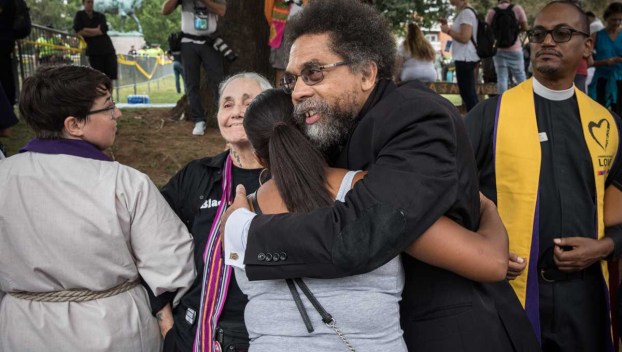Cnhi Network
Country and NASCAR stars call for end to bigotry in aftermath of Charlottesville tragedy
Country artists and a NASCAR superstar are outraged by last weekend’s violence and loss of life in Charlottesville, ... Read more
Country artists and a NASCAR superstar are outraged by last weekend’s violence and loss of life in Charlottesville, ... Read more
FRANKFORT — Gov. Matt Bevin said Tuesday he now opposes removing the statue of Confederate President Jefferson Davis ... Read more
A crowd toppled a bronze Confederate statue in front of a county administrative building in Durham, North Carolina, ... Read more

Jarred by the violence and white nationalist presence, communities like Lewisburg rallied across the country this weekend to ... Read more

WASHINGTON, D.C. – President Donald Trump said Monday the Justice Department has opened a civil rights investigation into ... Read more
CHARLOTTESVILLE, Va. - Police on Sunday identified the woman killed Saturday when a vehicle plowed into a group ... Read more

CHARLOTTESVILLE, Va. - This picturesque college town devolved into a chaotic and violent state on Saturday as hundreds ... Read more